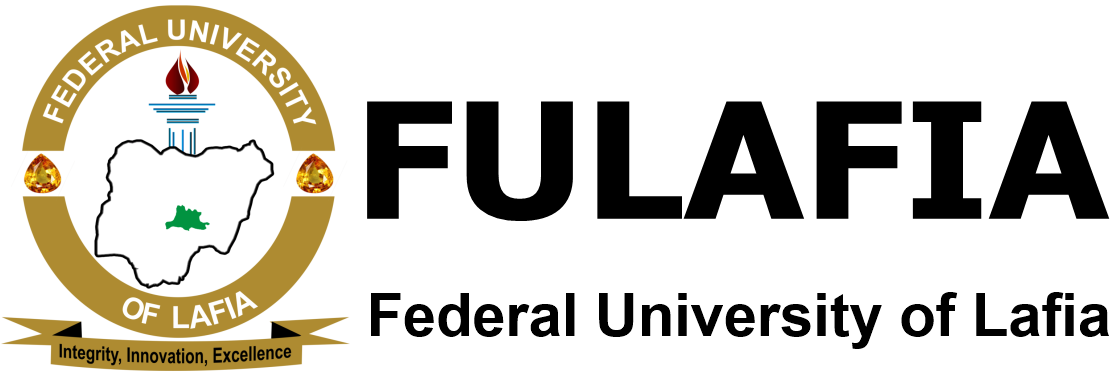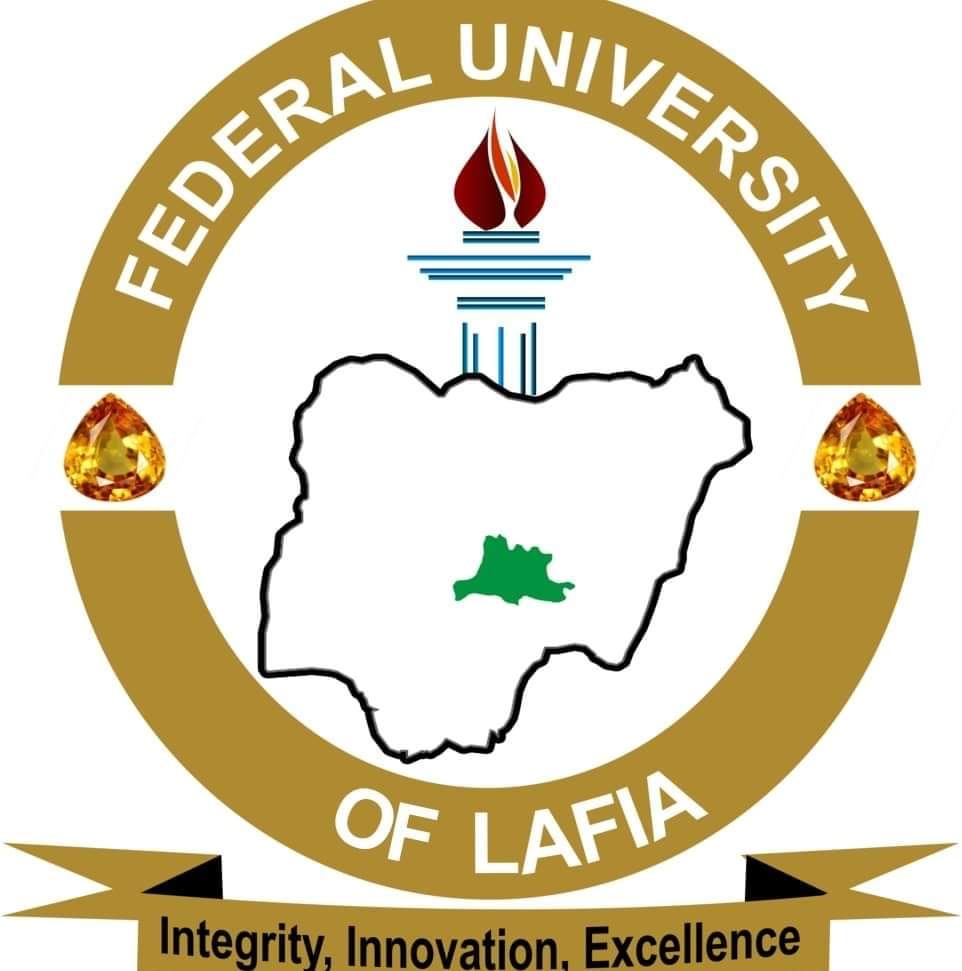
About Us
Our department is committed to advancing agronomic knowledge, promoting sustainable agriculture, and training the next generation of agronomists. Thank you for considering the Department of Agronomy at Federal University of Lafia. We look forward to embarking on this journey of agronomic discovery and innovation with you.
Our goals
Vision:
Our vision is to be a premier center of excellence in agronomy, fostering innovation, collaboration, and stewardship of natural resources. We aim to cultivate a community of scholars and practitioners committed to advancing agricultural knowledge, promoting environmental sustainability, and enhancing agricultural productivity worldwide.
Mission Statement:
The Department of Agronomy at Federal University of Lafia is dedicated to providing high-quality education, conducting innovative research, and promoting outreach and engagement in the field of agronomy. Our mission is to equip students with the knowledge, skills, and values needed to address complex agronomic challenges, improve crop production systems, and contribute to global food security and environmental sustainability.
Aims and Objectives:
Advance Crop Production Practices:
- To provide students with a comprehensive understanding of crop production principles, techniques, and management practices, enabling them to optimize crop yields, enhance crop quality, and improve agricultural productivity.
Promote Soil Health and Management:
- To promote soil health and sustainable soil management practices that conserve soil resources, enhance soil fertility, and mitigate soil degradation, ensuring long-term agricultural sustainability and environmental resilience.
Facilitate Sustainable Agriculture:
- To facilitate sustainable agriculture through the adoption of innovative agronomic practices, such as conservation agriculture, precision farming, and agroecological approaches, that promote environmental stewardship, resource efficiency, and resilience to climate change.
Enhance Research and Innovation:
- To conduct cutting-edge research and innovation in agronomy, addressing key challenges and opportunities in crop production, soil management, and agricultural sustainability. This involves applied research, field trials, and experimentation aimed at developing practical solutions to agronomic problems.
Programmes
Programs:
Undergraduate Programs:
Bachelor of Science (B.S.) in Agronomy:
- Description: A comprehensive program offering courses in crop production, soil science, plant physiology, pest management, and agricultural technology, preparing students for careers in crop consulting, agricultural extension, farm management, or graduate studies in agronomy.
- Curriculum may include: Crop Production, Soil Management, Plant Nutrition, Pest Management, Agricultural Technology.
Graduate Programs:
Master of Science (M.S.) in Agronomy:
- Description: A graduate-level program providing advanced study in agronomy, with opportunities for specialization in areas such as crop physiology, soil fertility, precision agriculture, or sustainable crop production. This program prepares students for careers in research, academia, or agricultural consulting.
- Curriculum may include: Advanced Agronomy Courses, Research Methods, Thesis or Non-Thesis Option.
Doctor of Philosophy (Ph.D.) in Agronomy:
- Description: A doctoral program designed for students interested in pursuing advanced research and scholarship in agronomy. This program typically involves coursework, comprehensive exams, dissertation research, and teaching experience, preparing students for leadership roles in academia, research institutions, or industry.
- Curriculum may include: Advanced Seminars in Agronomy, Dissertation Research and Writing, Teaching Practicum.
Staff of the department
HOD's profile
News Update
No news yet
Conference & Workshop
Admission Requirements

Welcome Address
Welcome to the Department of Agronomy.
Our department is dedicated to the study and advancement of agronomy, focusing on crop production, soil management, and sustainable agricultural practices. Agronomy plays a critical role in ensuring global food security, environmental sustainability, and agricultural resilience in the face of climate change and population growth.

